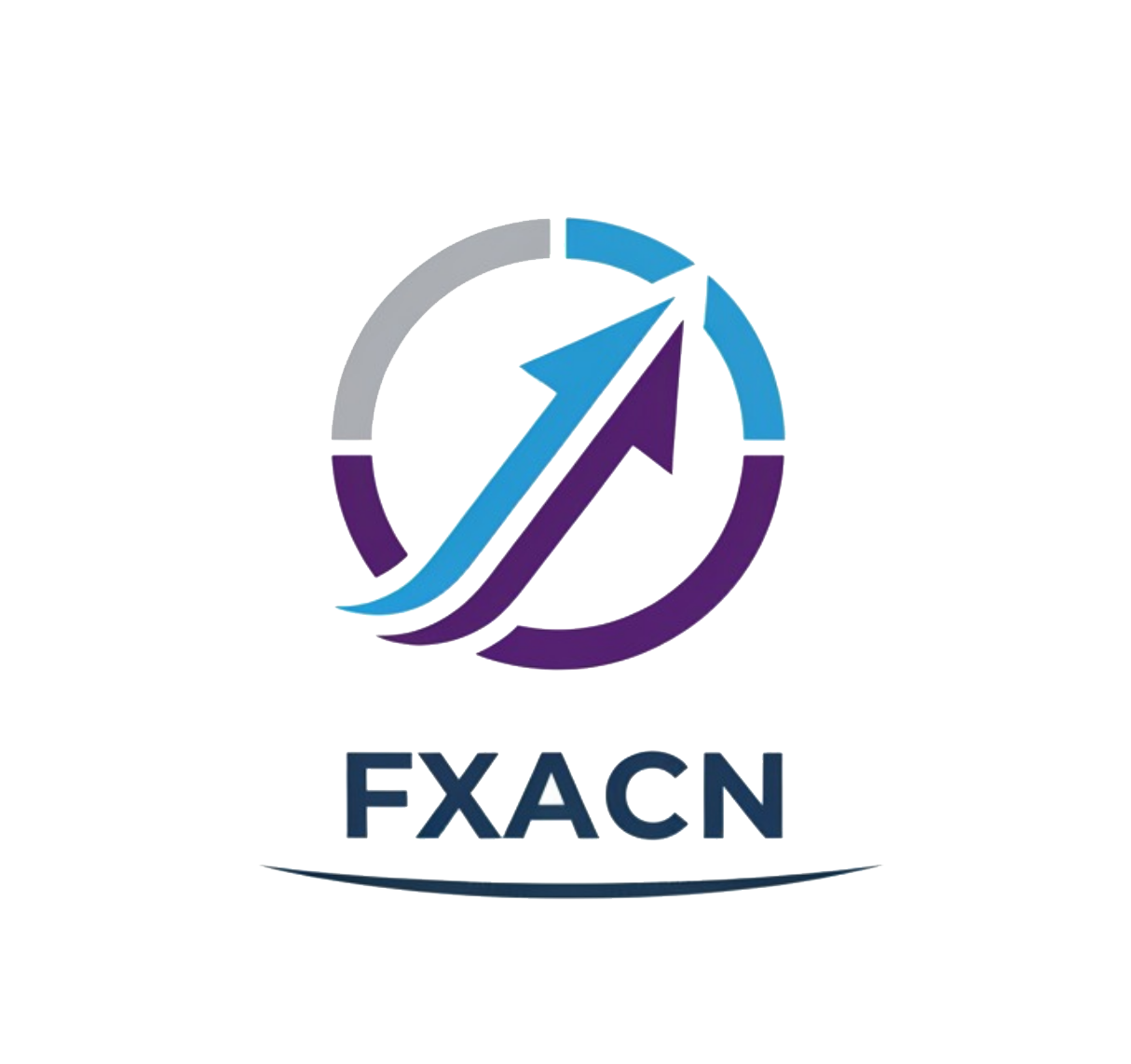Introduction
Axi, previously known as Axitrader, is an online forex and CFD broker that has positioned itself as a reputable trading platform within the global financial market. Founded in 2007 in Sydney, Australia, Axi has grown to serve over 60,000 clients in more than 100 countries. However, as the financial industry faces challenges with fraudulent practices and unregulated brokers, it is crucial for traders to conduct thorough due diligence before engaging with any trading platform. This article aims to assess Axi’s credibility by evaluating its regulatory status, company background, trading conditions, client fund security, customer experience, and overall risks associated with trading. Our investigation relies on a review of various sources, including broker reviews, regulatory databases, and user testimonials.
Regulation and Legitimacy
To determine whether Axi is safe, examining its regulatory status is imperative. Axi operates under several regulatory bodies, including the Australian Securities and Investments Commission (ASIC), the Financial Conduct Authority (FCA) in the UK, and the Dubai Financial Services Authority (DFSA). The presence of these regulatory licenses indicates a certain level of trust and safety for traders.
| Regulatory Body | License Number | Regulated Area | Verification Status |
|---|---|---|---|
| ASIC | 318232 | Australia | Verified |
| FCA | 509746 | United Kingdom | Verified |
| DFSA | F003742 | Dubai | Verified |
| SVG FSA | 25417 | St. Vincent and the Grenadines | Low-tier (offshore) |
The presence of multiple high-tier regulators such as ASIC and FCA suggests that Axi adheres to strict compliance and operational transparency standards. Both ASIC and FCA regulations require brokers to maintain client funds in segregated accounts and provide negative balance protection, which adds an extra layer of security for traders. However, significant attention must be given to Axi’s offshore license in St. Vincent and the Grenadines, which lacks the same level of regulatory oversight. This means that while clients in the UK and Australia may benefit from robust protections, those under the SVG FSA may not enjoy the same assurances. Historical compliance issues have also created some skepticism around Axi, tying back to its earlier operational strains with the FMA (New Zealand) and ASIC.
Company Background Investigation
Founded as a small startup, Axi has evolved into a notable player in the forex market. The company is owned by Axicorp Financial Services Pty Ltd, with additional branches set up in various international locales such as Dubai, London, and Singapore. Over the years, Axi has garnered multiple awards for reliability and trader satisfaction, positioning itself as an established entity in the trading sector.
A key factor in assessing the credibility of a broker is the expertise of its management team. The leadership team at Axi consists of professionals with extensive backgrounds in finance and trading, which is beneficial for driving the broker’s strategic direction. Furthermore, Axi maintains a commitment to transparency with clients by providing a range of information regarding company operations, trading conditions, and customer support channels.
However, in-depth scrutiny of disclosure practices reveals some areas for improvement. Future assessments should include regular updates on company operations and adherence to regulatory insights to foster greater trust among potential users.
Trading Conditions Analysis
Axi’s trading conditions are another vital aspect to investigate in determining the broker’s safety. It employs a commission structure that varies across different account types, including a standard account with no commissions and spreads starting from around 1.0 pips, and pro accounts with tighter spreads but a round-trip commission of $7.
| Fee Type | Axi | Industry Average |
|---|---|---|
| Major Currency Pair Spread | 0.4 – 1.0 pips | 0.6 – 1.2 pips |
| Commission Model | $7 per lot | $5 – $10 per lot |
| Overnight Interest Range | Yes | Yes |
Axi’s account offerings, including standard, pro, and elite accounts, suggest a competency in meeting diverse trader needs. The minimum deposit required to open an account is surprisingly low at $0, a feature that can attract new traders. Nevertheless, competition in the industry makes price comparisons essential for ensuring traders are not unduly burdened by hidden fees. Axi’s trading costs are competitive, but traders should be wary of possible additional fees uncommon in standard practices; particularly those bound to specific account types may unveil unexpected charges that could hinder profitability.
Client Fund Safety
When evaluating whether Axi is safe, the protection of client funds becomes paramount. Axi employs various safety measures to safeguard client assets, including requiring that client funds be kept in segregated accounts, which ensures that in the event of insolvency, clients’ funds remain protected. Furthermore, Axi provides negative balance protection for retail clients, meaning that traders cannot lose more than their initial investment, which adds a crucial layer of risk management.
Historically, however, the firm has faced challenges related to fund security. Issues with fund withdrawal requests have been reported sporadically by users, suggesting the need for Axi to strengthen these processes to enhance trader confidence. Overall, Axi does implement substantial measures for safeguarding client funds, but due diligence on the user’s part remains essential.
Customer Experience and Complaints
Customer feedback is an insightful avenue for assessing Axi’s performance and reliability. Positive reviews often mention the broker’s user-friendly platform, rapid execution speeds, and a responsive customer service team. Nevertheless, customer complaints have surfaced regarding withdrawal processes and missing funds, showcasing a critical area for improvement.
| Complaint Type | Severity Level | Company Response |
|---|---|---|
| Fund Withdrawal Issues | High | Slow response times |
| Execution Delays | Medium | Generally satisfactory |
| Lack of Transparency | High | Occasionally addressed |
Common complaints include pressured withdrawal processes that have yielded unfavorable experiences for some traders, indicating that Axi could enhance its operational efficiency. One specific case of concern involved a trader being unable to access significant profits after a successful trading period, highlighting potential systemic failures.
Platform and Trade Execution
Upon analyzing Axi’s trading platform, MT4, it is clear that it remains a preferred choice for many traders due to its comprehensive charting capabilities and ease of use. However, concerns about execution quality and potential slippage have been raised. Axi touts fast execution speeds, but diverse user experiences indicate fluctuations depending on time of day and market conditions.
Risk Assessment
Assessing the risks associated with using Axi reveals a mix of positive attributes and concerns.
| Risk Category | Risk Level (Low/Medium/High) | Brief Explanation |
|---|---|---|
| Regulatory Compliance | Medium | Multiple regulators; historic issues veiling trust |
| Fund Security | Medium | Segregated funds; noted withdrawal inefficiencies |
| User Experience | Medium | Mixed reviews cloud confidence |
Mitigation strategies primarily revolve around proper training on the uses of leverage, which could amplify losses drastically if traders do not fully understand their implications.
Conclusion and Recommendations
Synthesizing the various analyses presented, Axi does appear to operate as a legitimate broker with regulatory backing from reputable authorities. Nevertheless, due to historical compliance issues, mixed customer feedback, and concerns regarding fund withdrawal processes, potential users should approach with caution. It is highly recommended that traders assess their needs in conjunction with Axi’s services. For those inexperienced in trading, exploring other options could be wise, while seasoned traders might appreciate Axi’s competitive spreads and incentives.
In conclusion, is Axi safe? While it does offer several indicators of safety, prospective users must remain watchful for underlying risks and consider testing multiple brokers to identify the most suitable for their trading strategies and risk tolerance.


